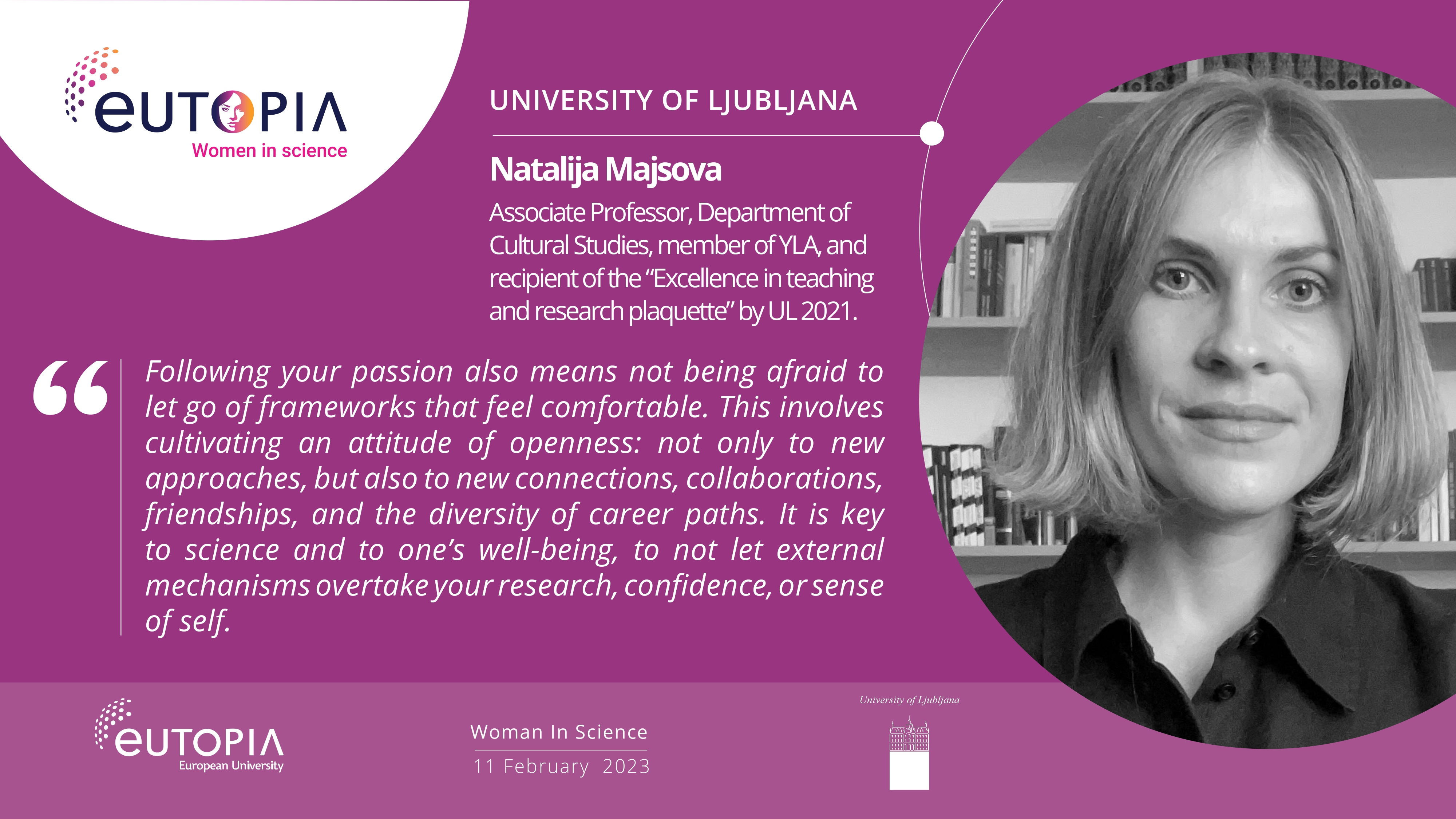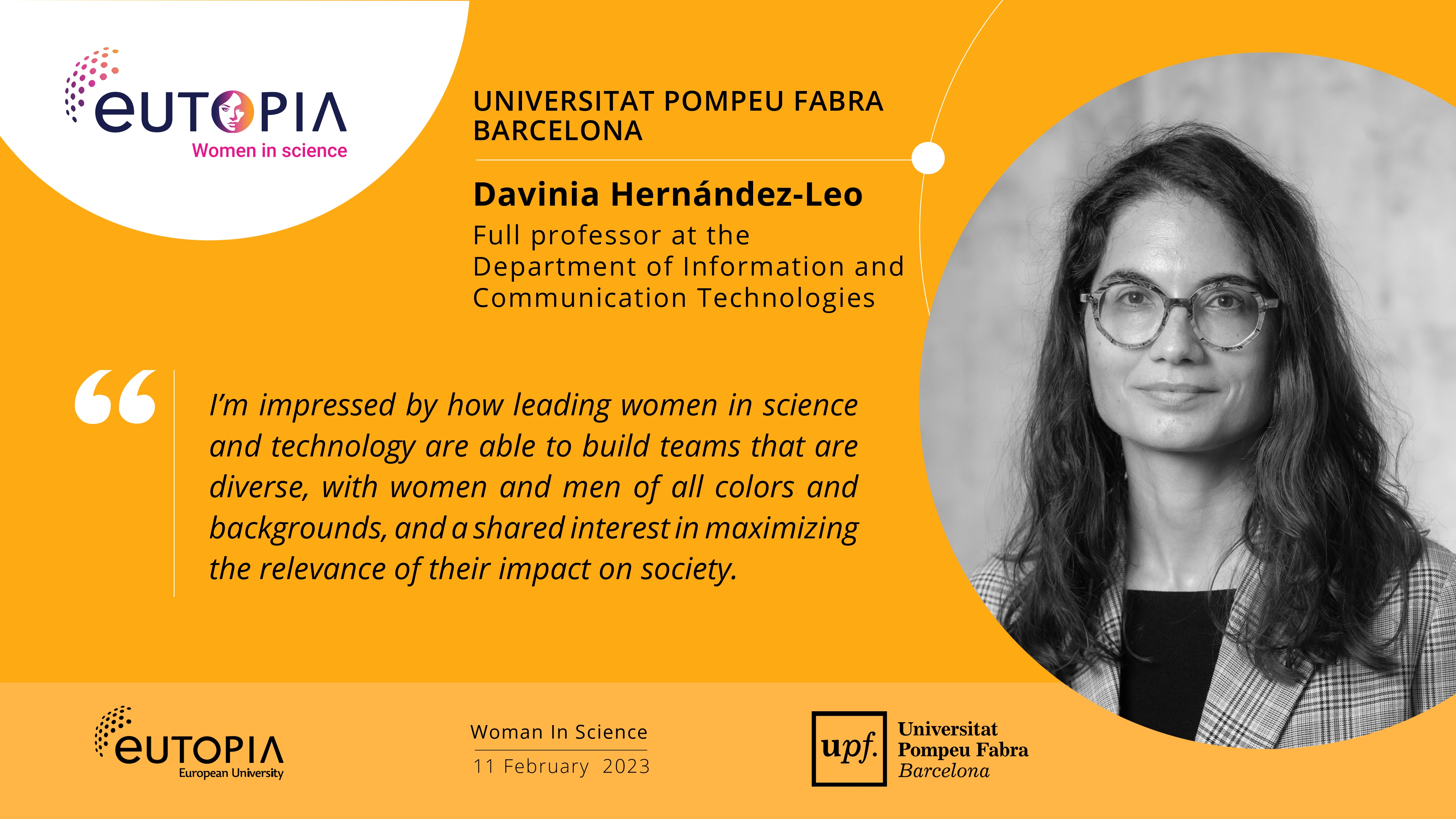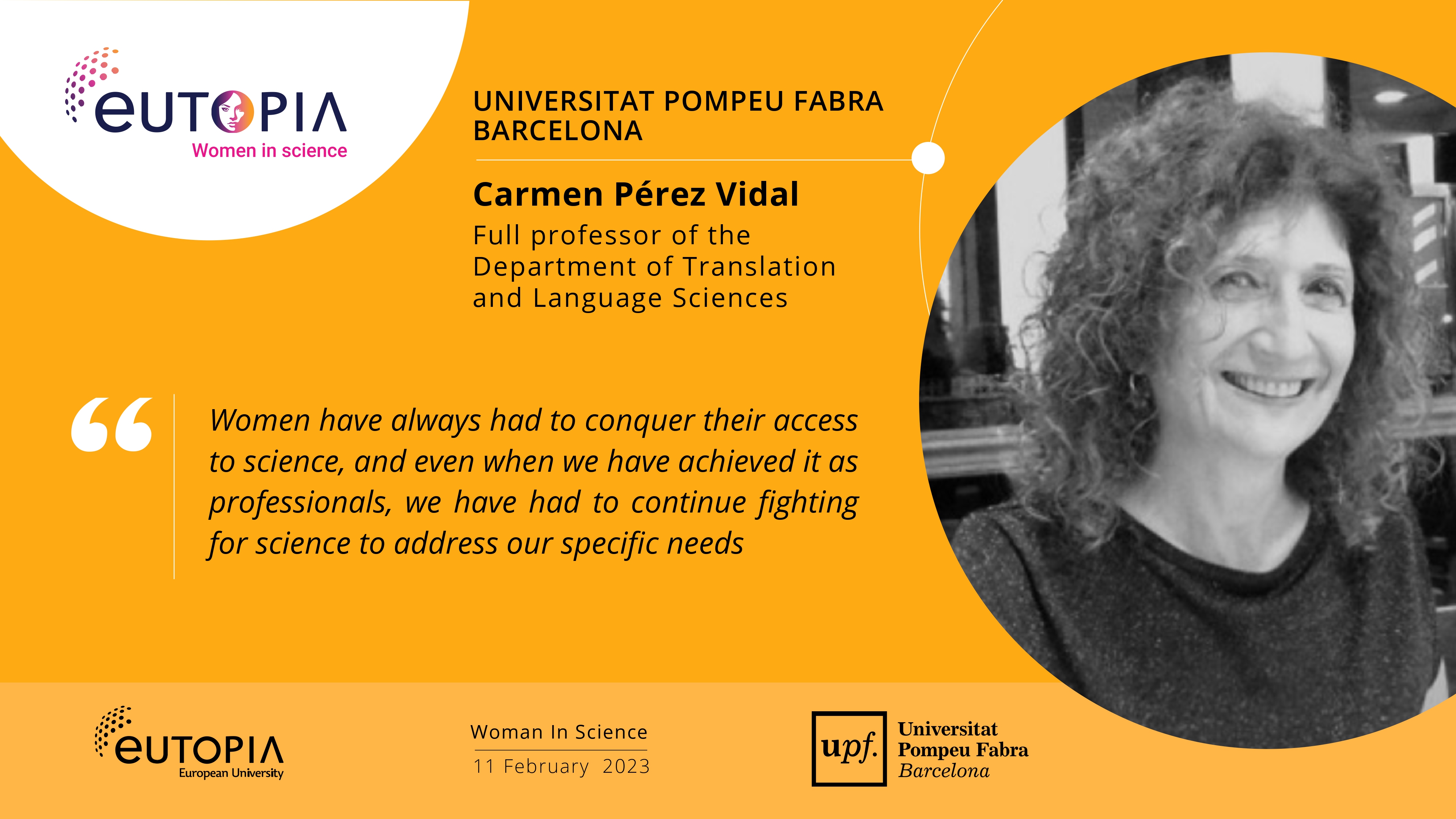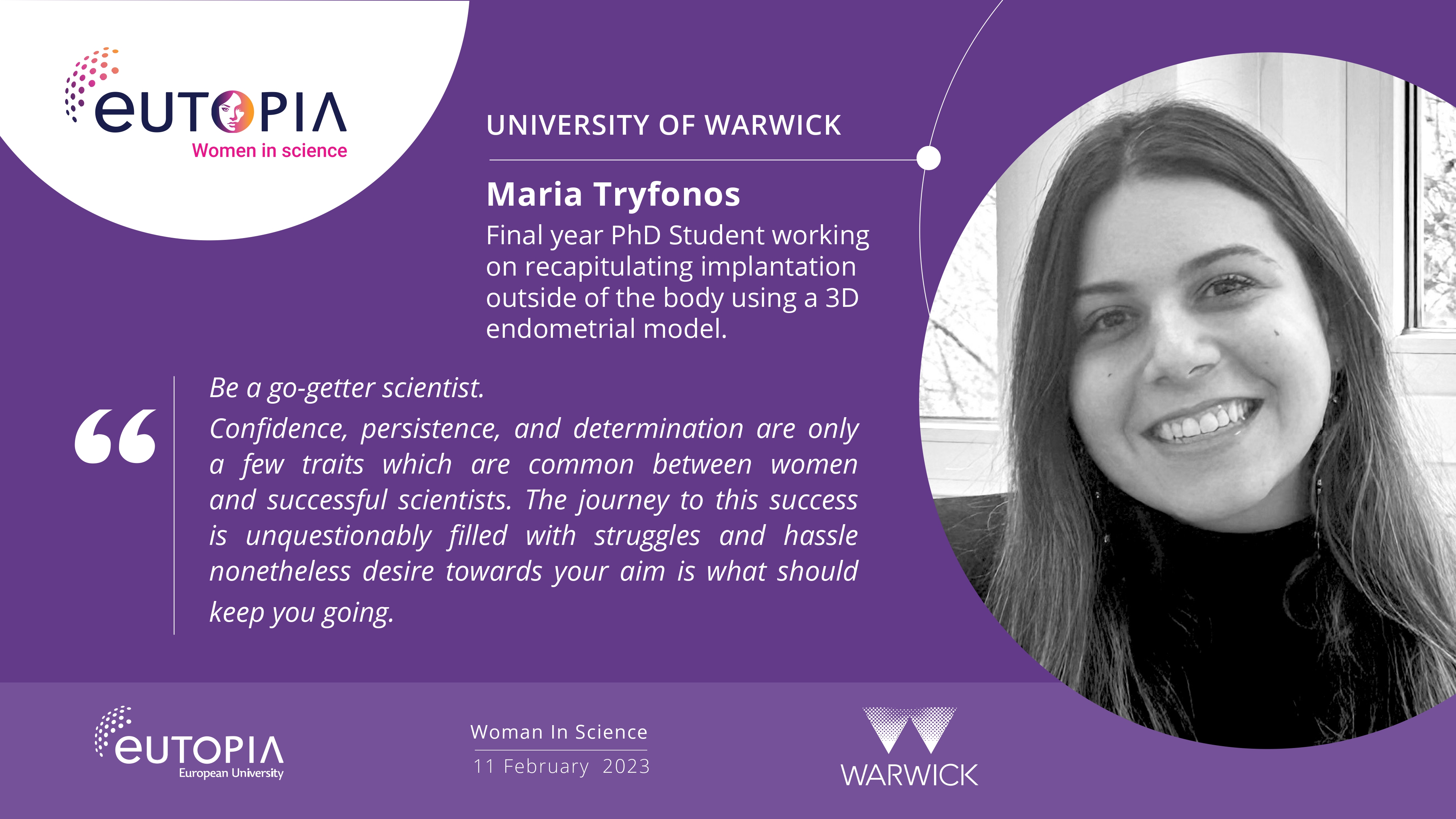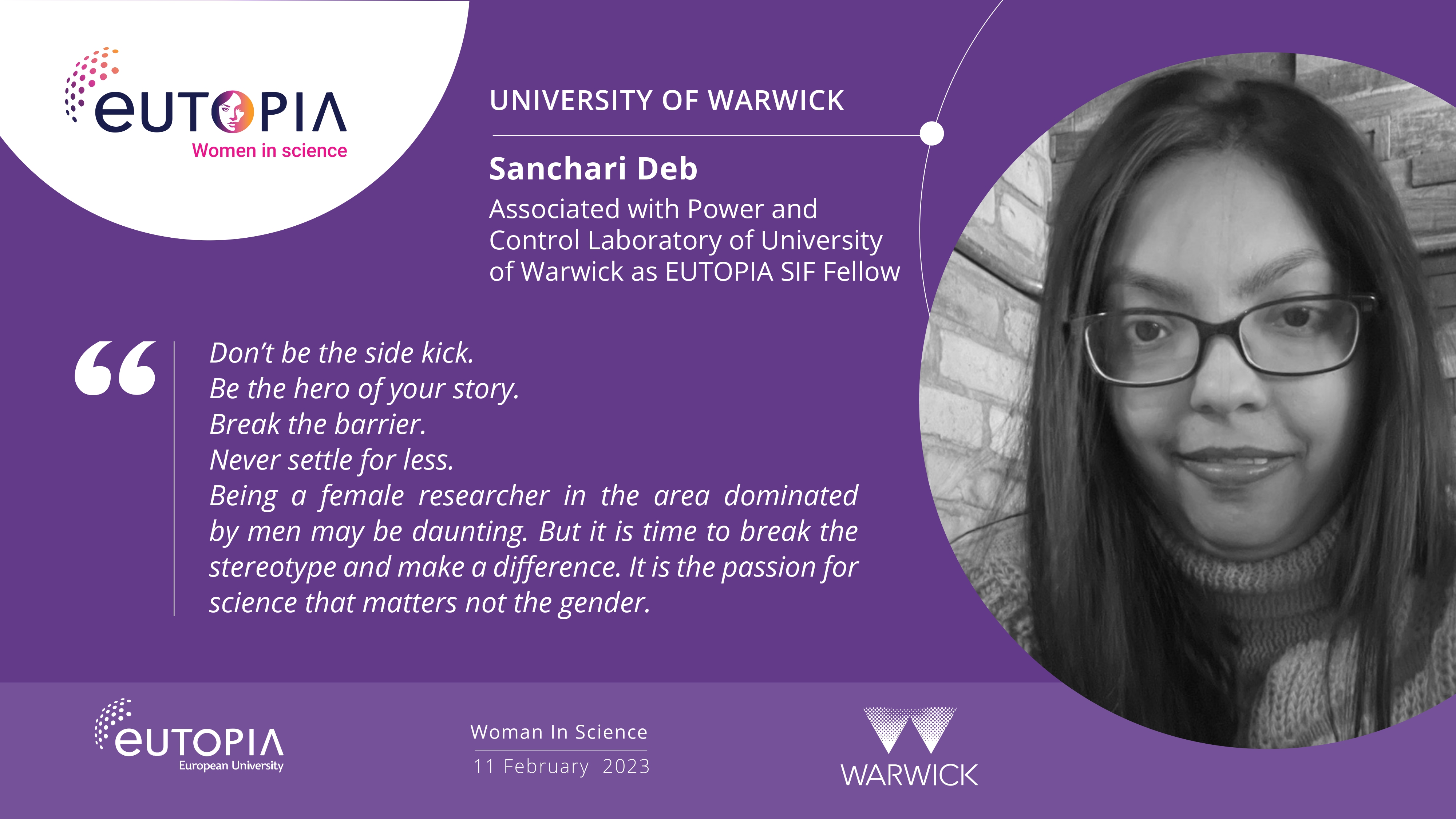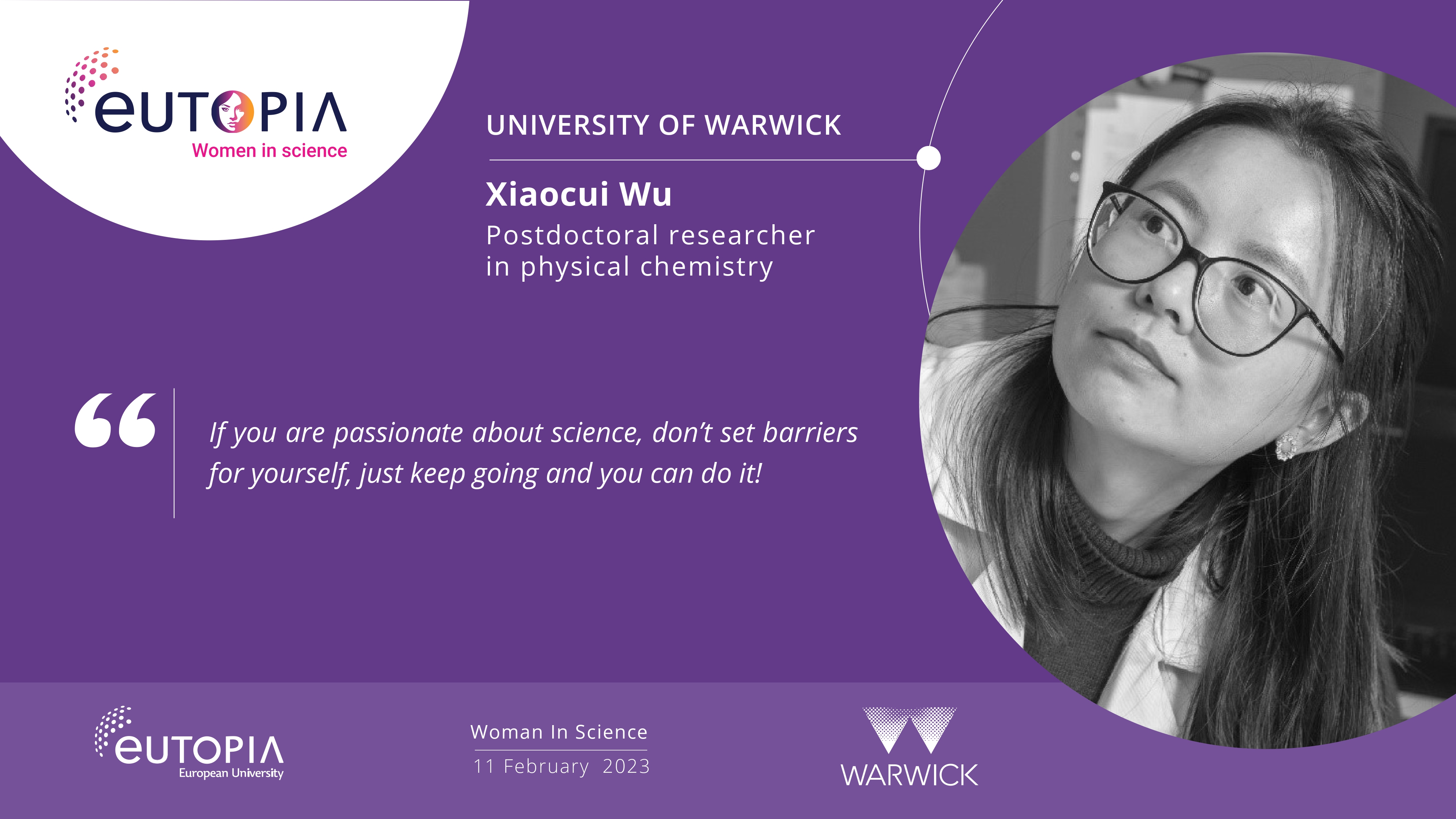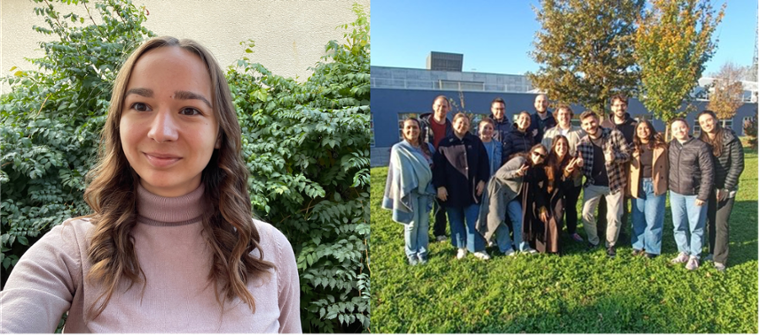CY student testimonals - Innovation challenges for students Brussels 2025
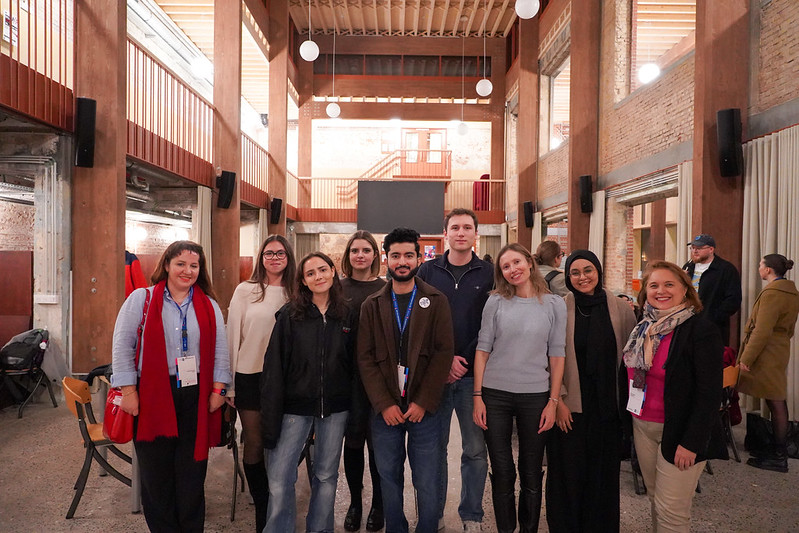
Go to content Navigation Direct access Connection

You are here :
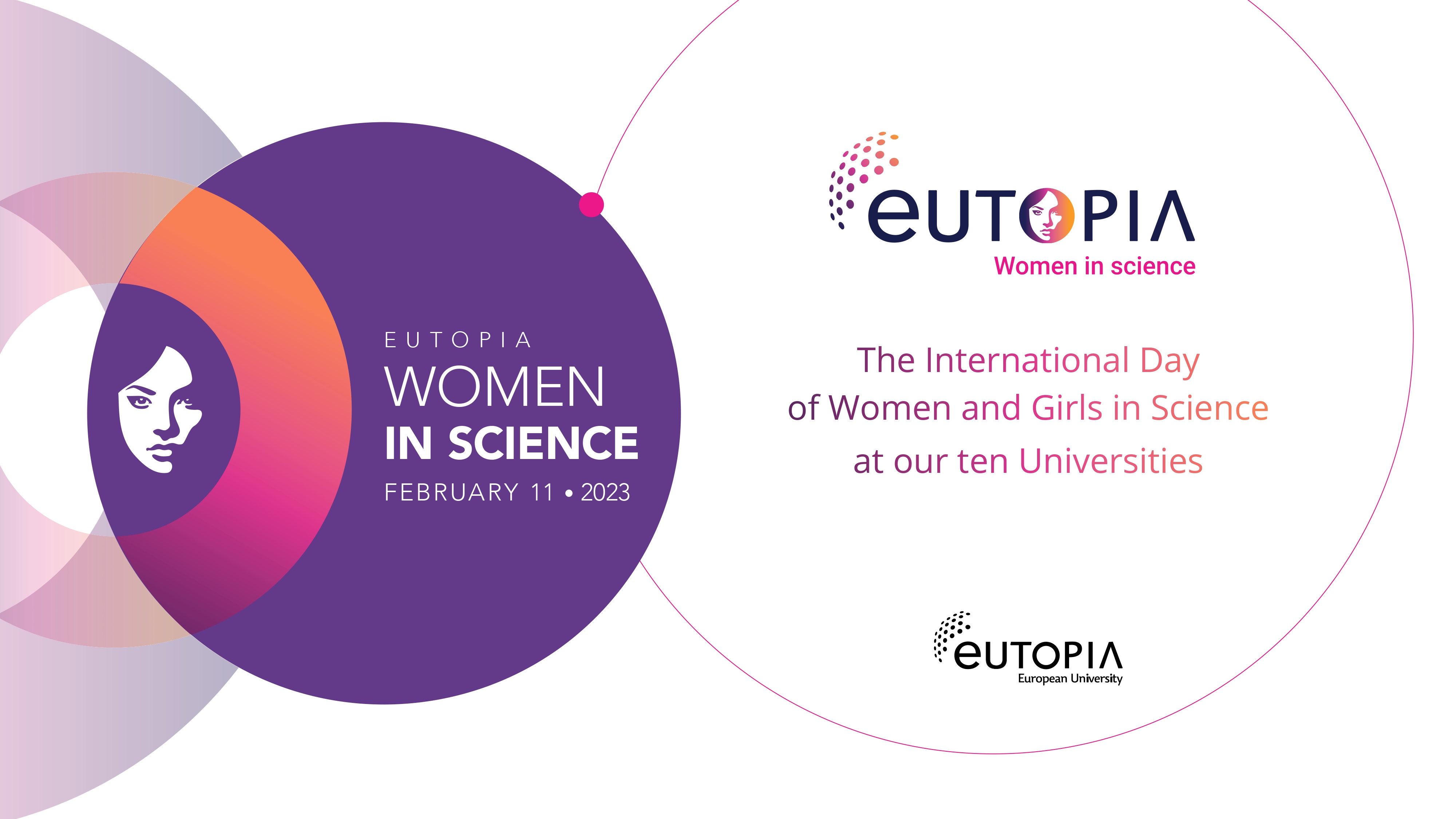
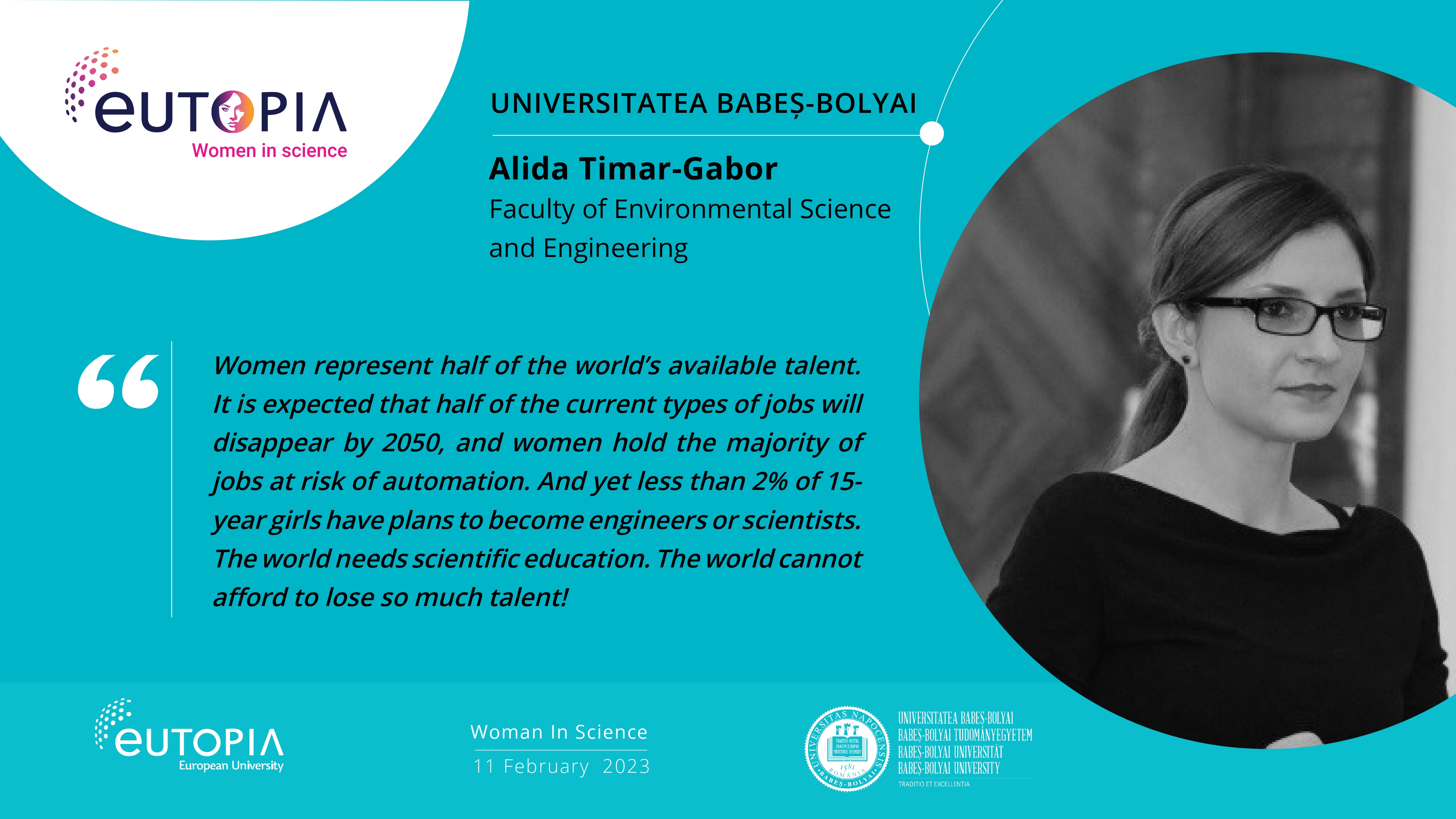
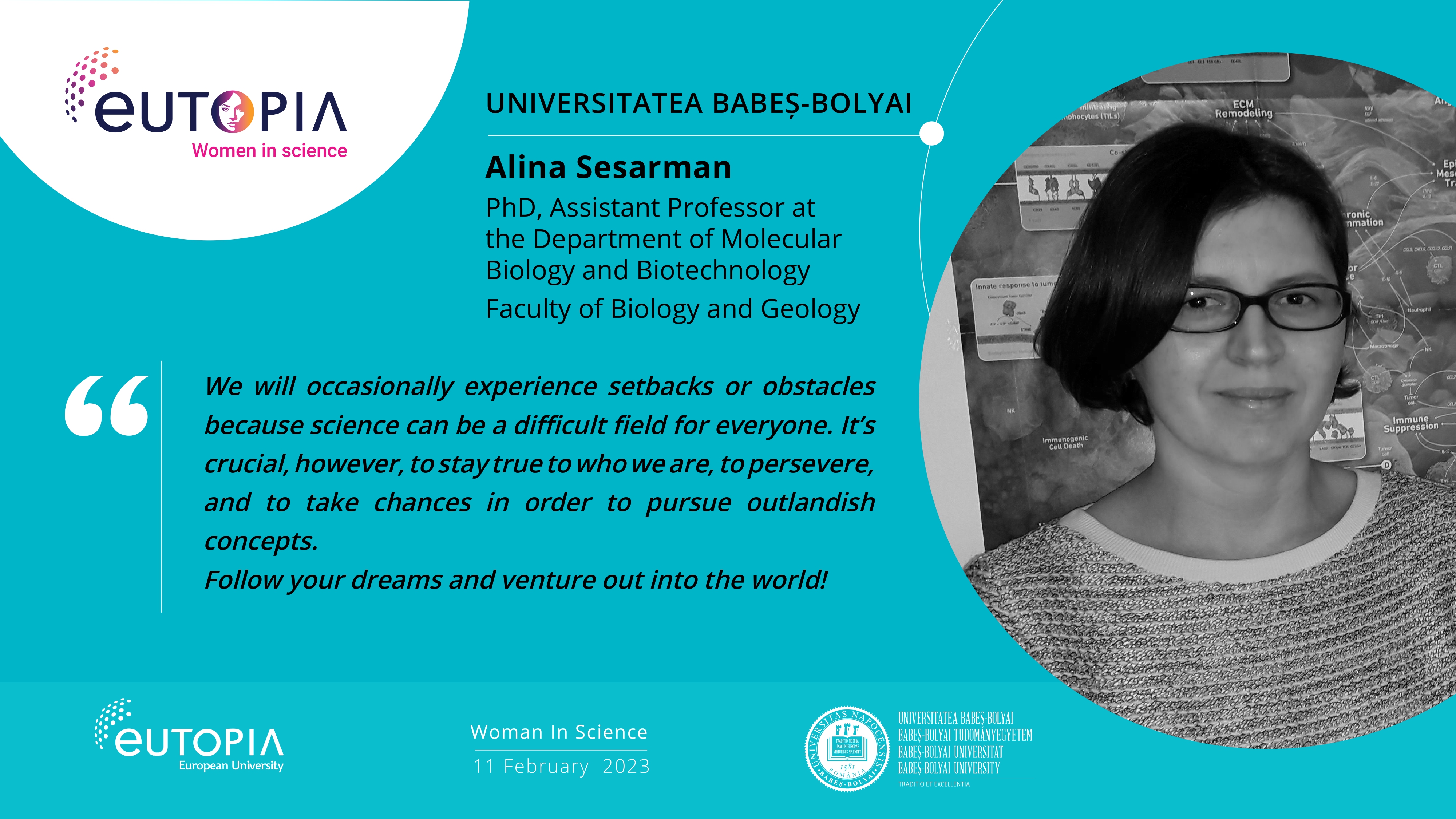
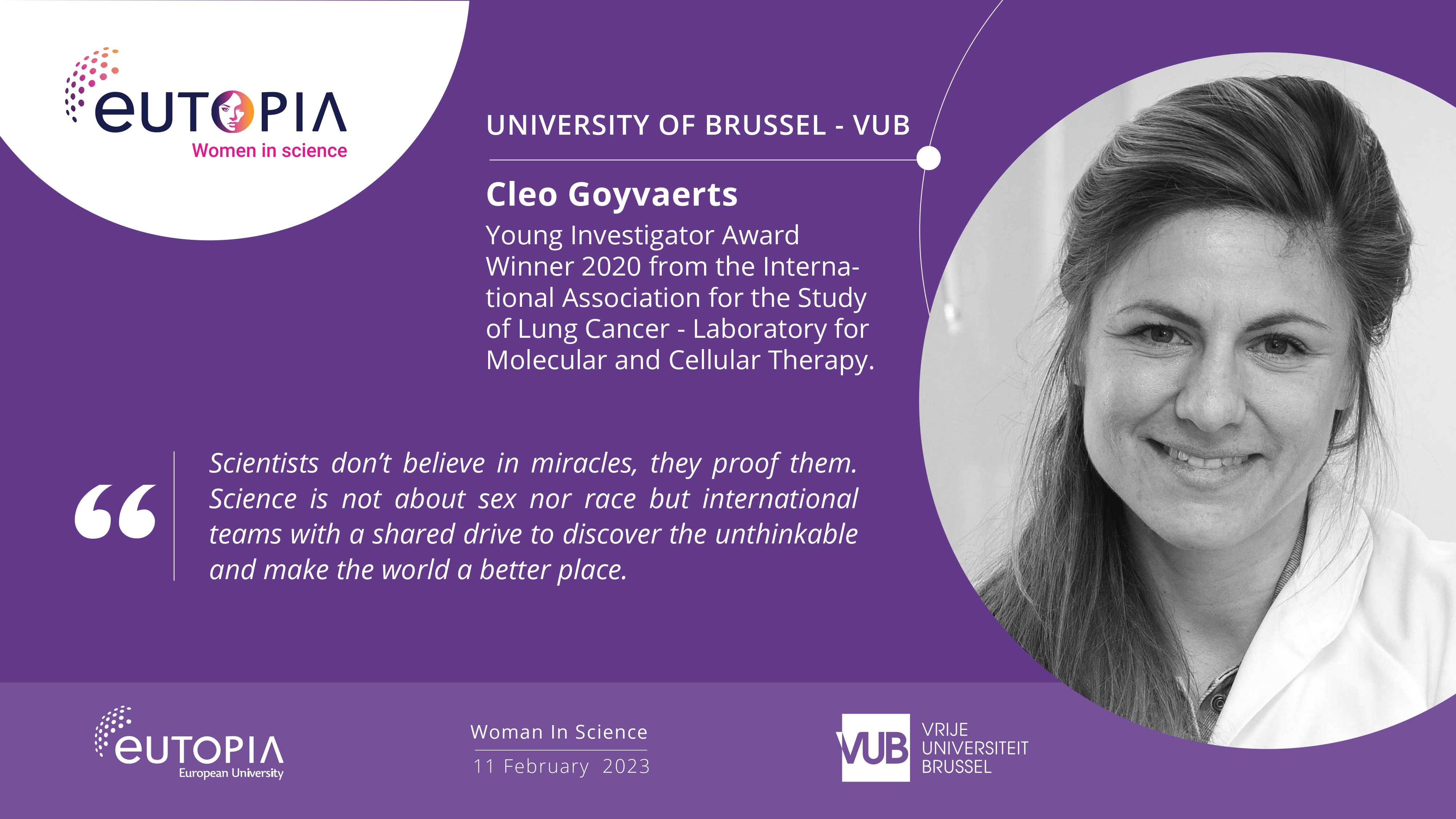
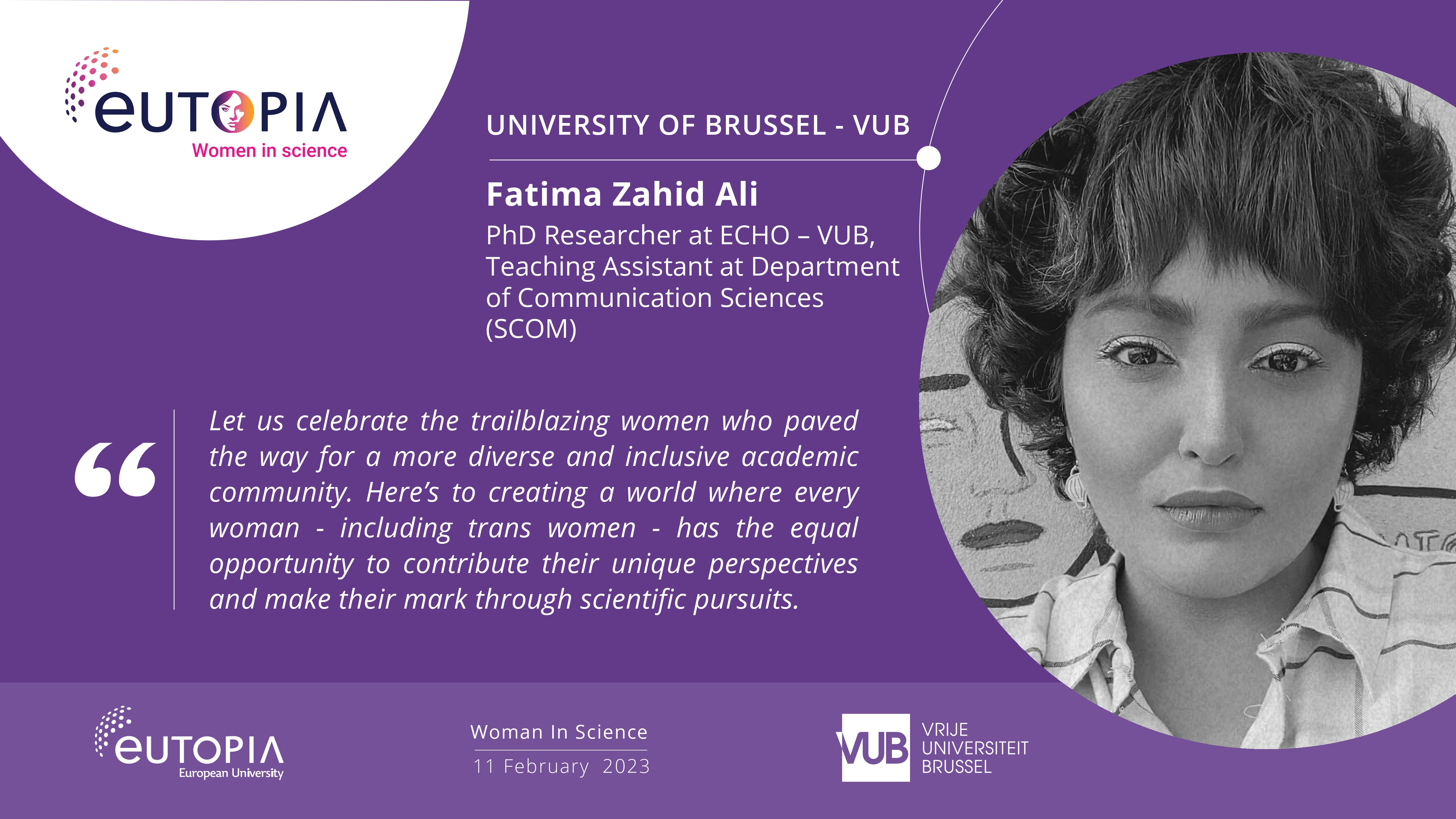
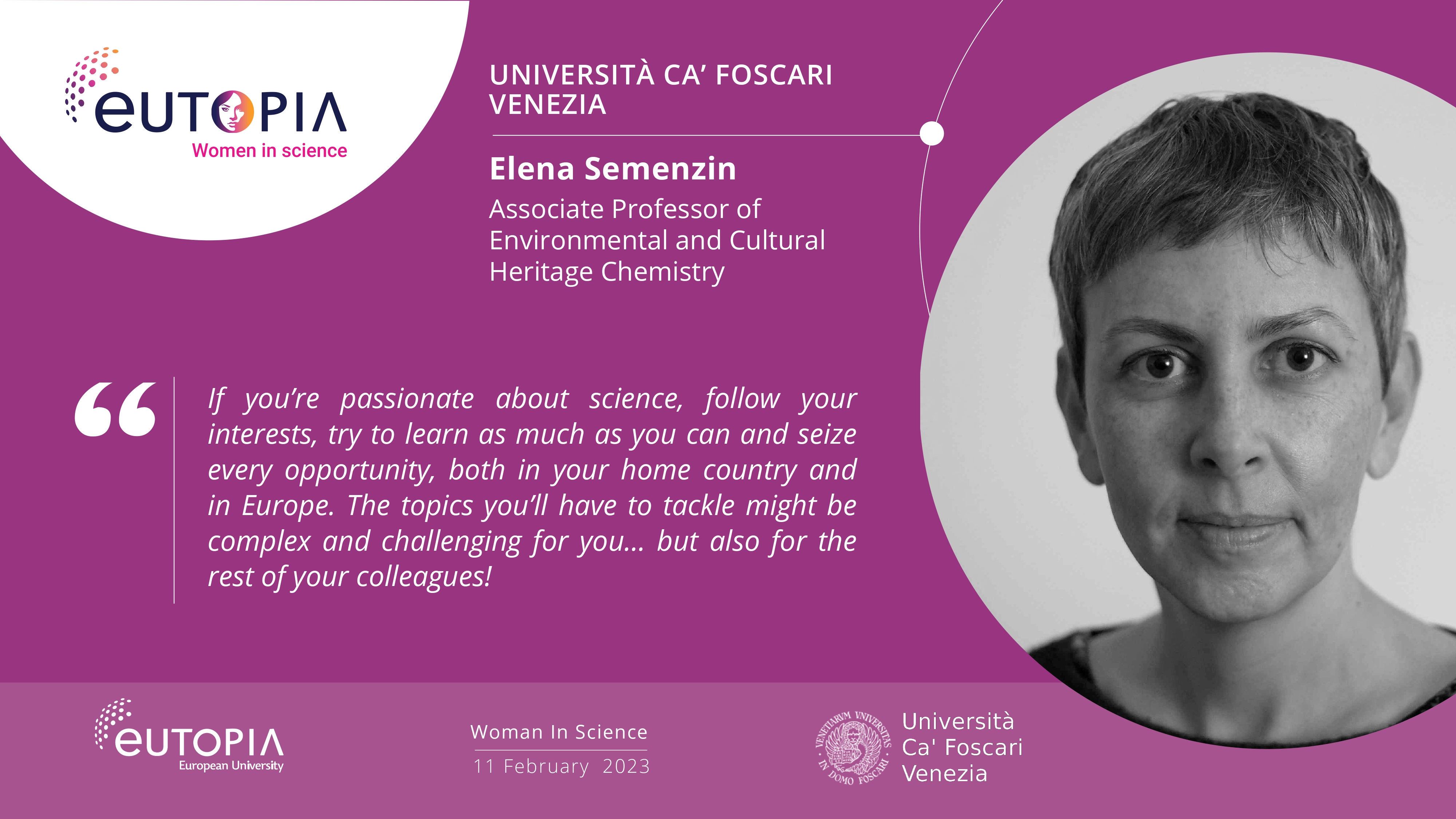
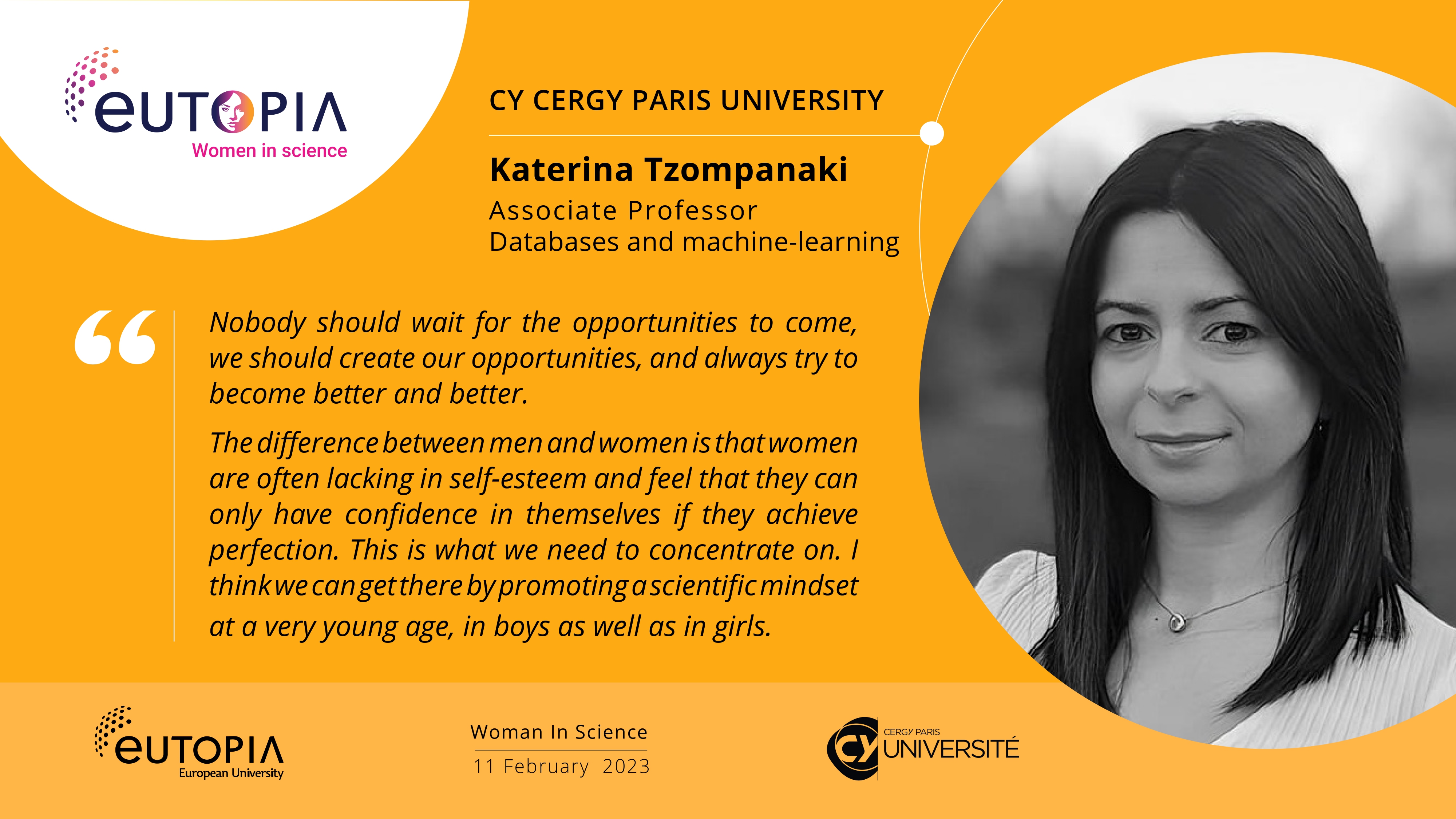
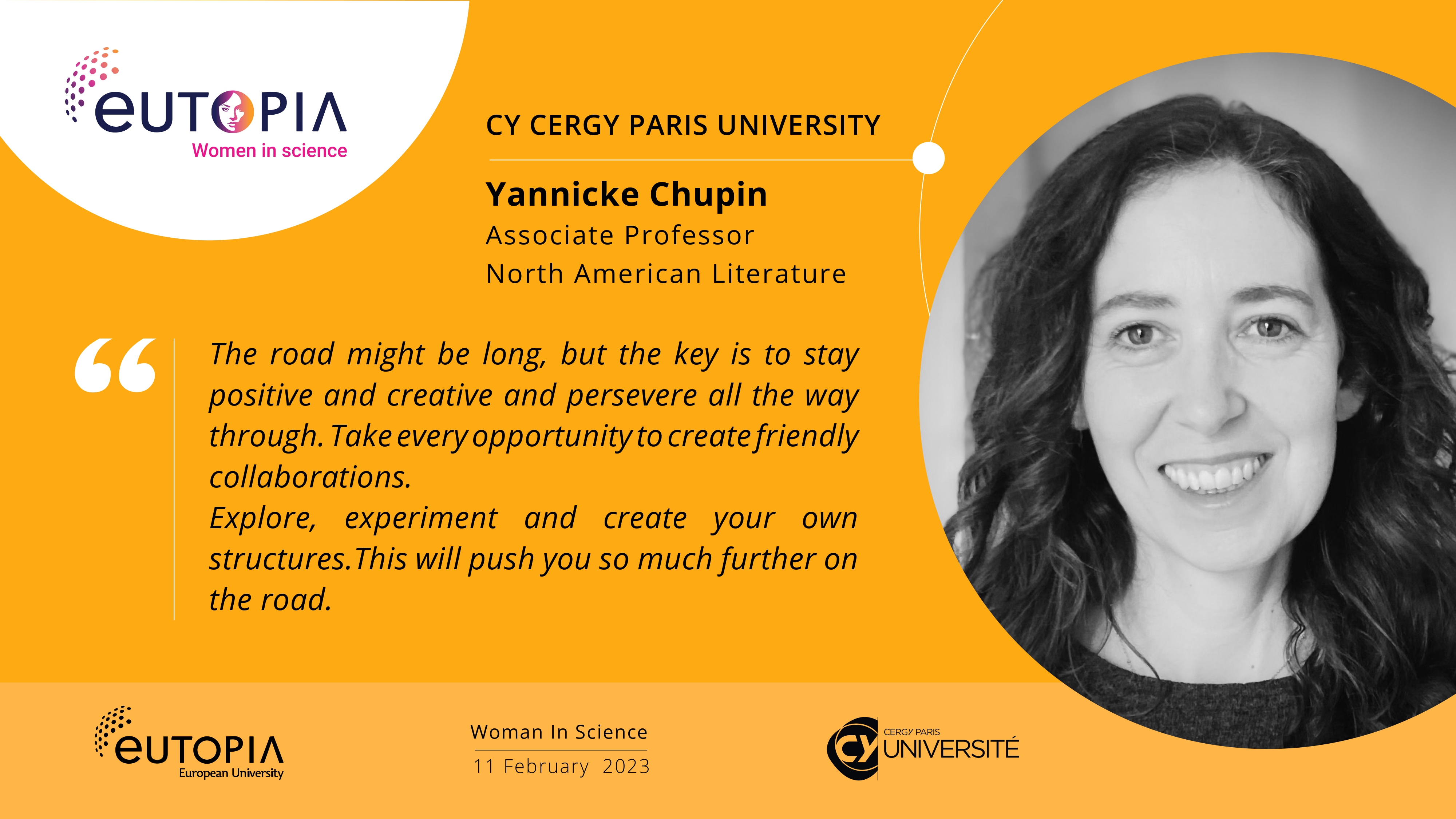
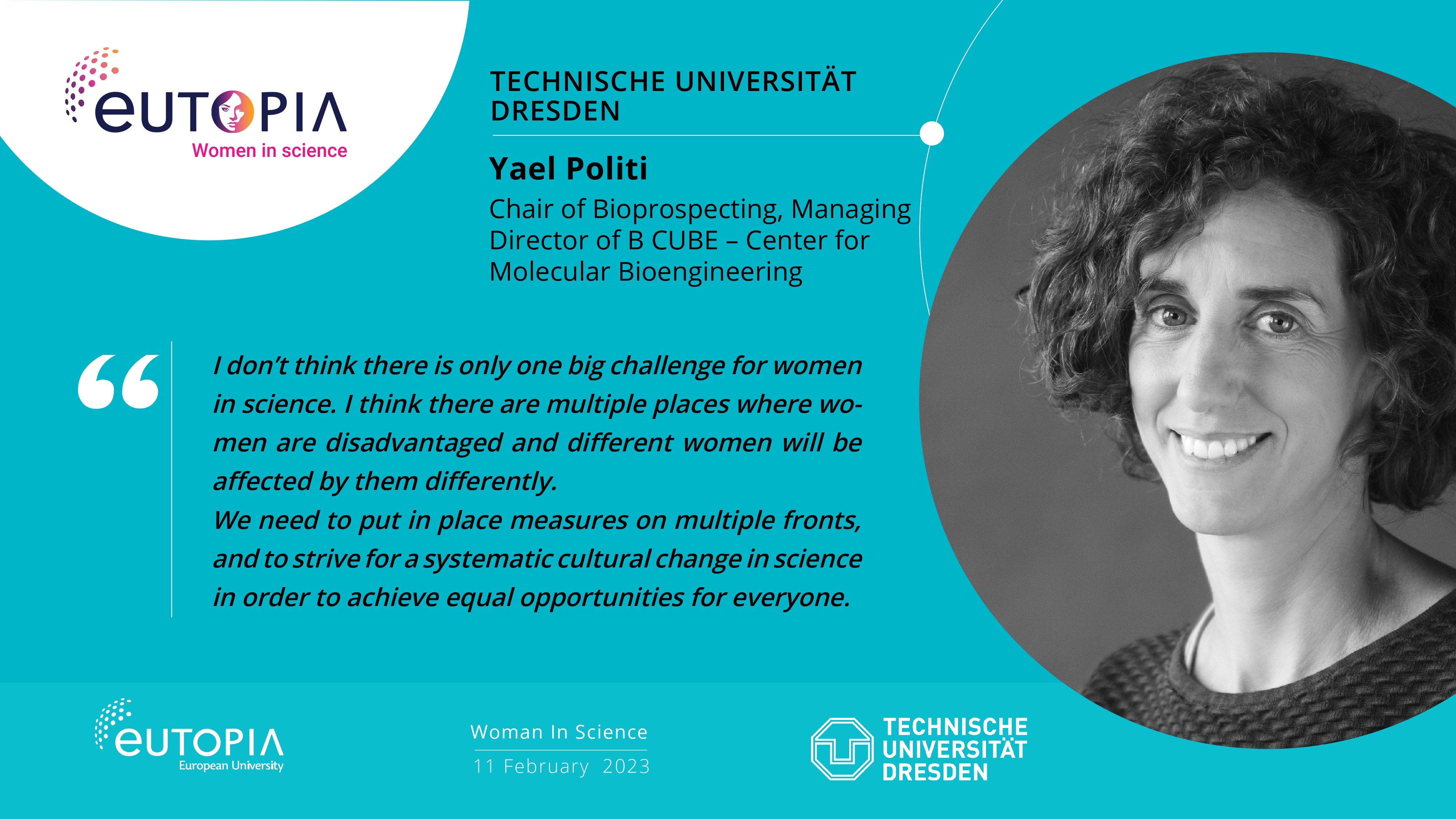
From 2019: W3 Professor "Bioprospecting", B CUBE – Center for Molecular Bioengineering, Technische Universität Dresden, Germany
2012-2019: Group Leader “Biological chitin-based tools and sensors”, Max-Planck Institute for Colloids and Interfaces, Department of Biomaterials, Research Campus Golm, Potsdam, Germany
2009-2012: Postdoctoral Position, Max-Planck Institute for Colloids and Interfaces, Department of Biomaterials, Research Campus Golm, Potsdam, Germany, Advisor: Prof. Peter Fratzl
2005-2009: Ph.D. Program, Weizmann Institute of Science, Department of Structural Biology, Rehovot, Israel, Advisors: Prof. Lia Addadi and Prof. Steve Weiner”
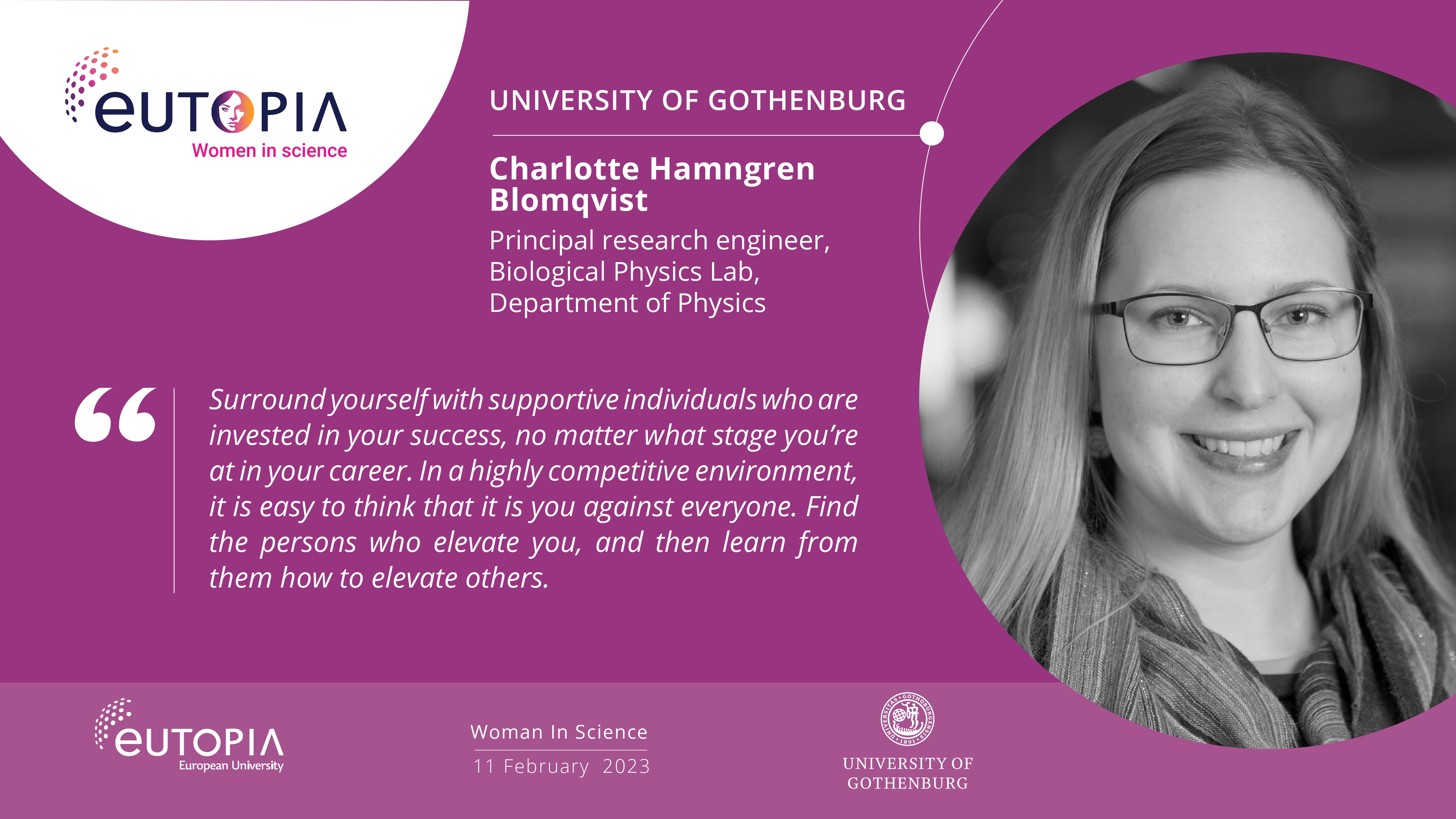
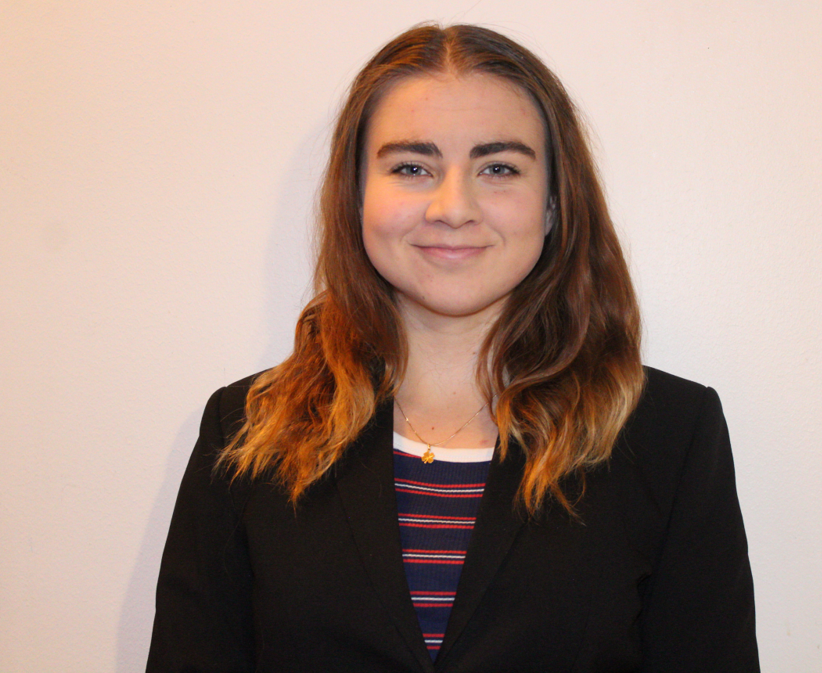
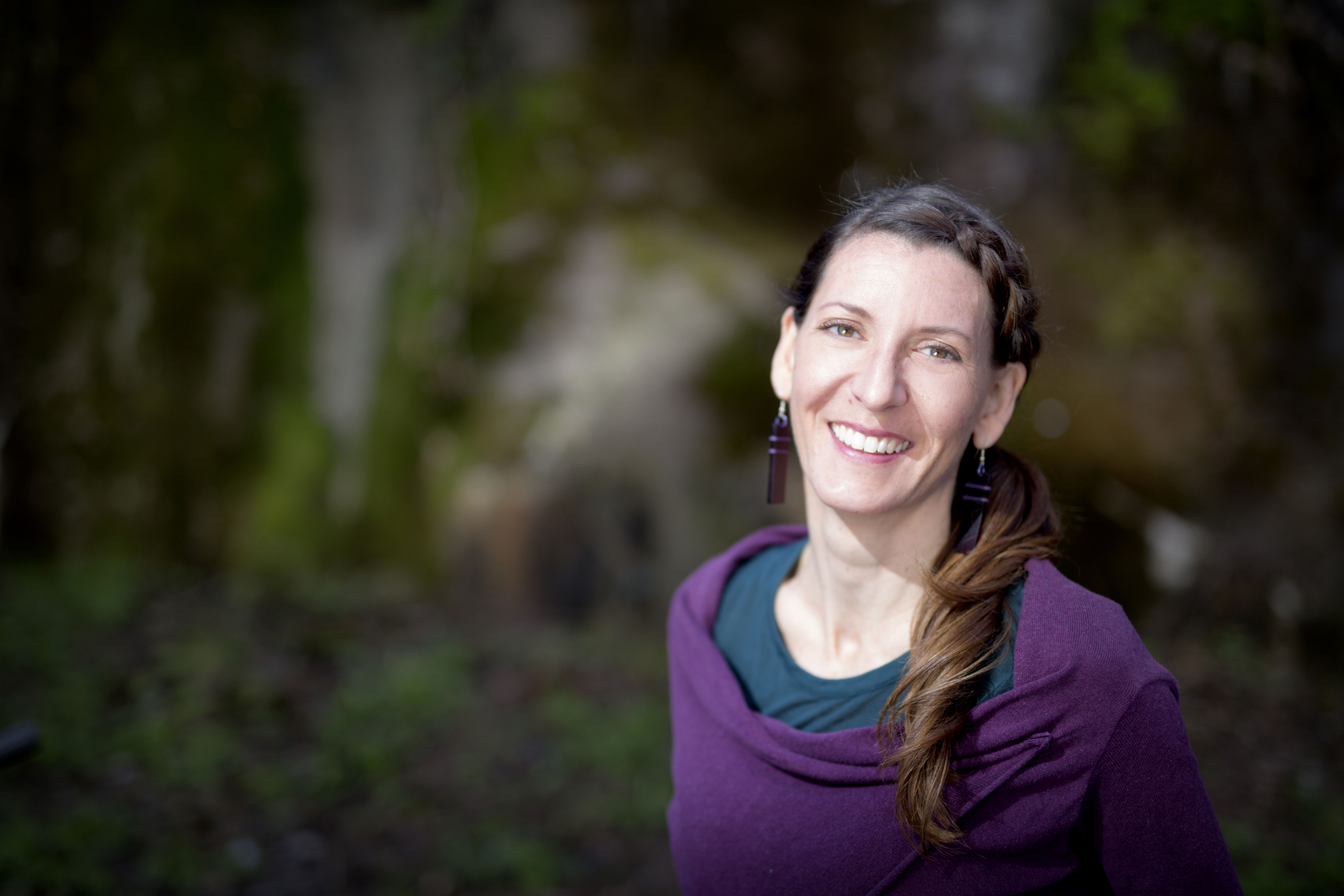
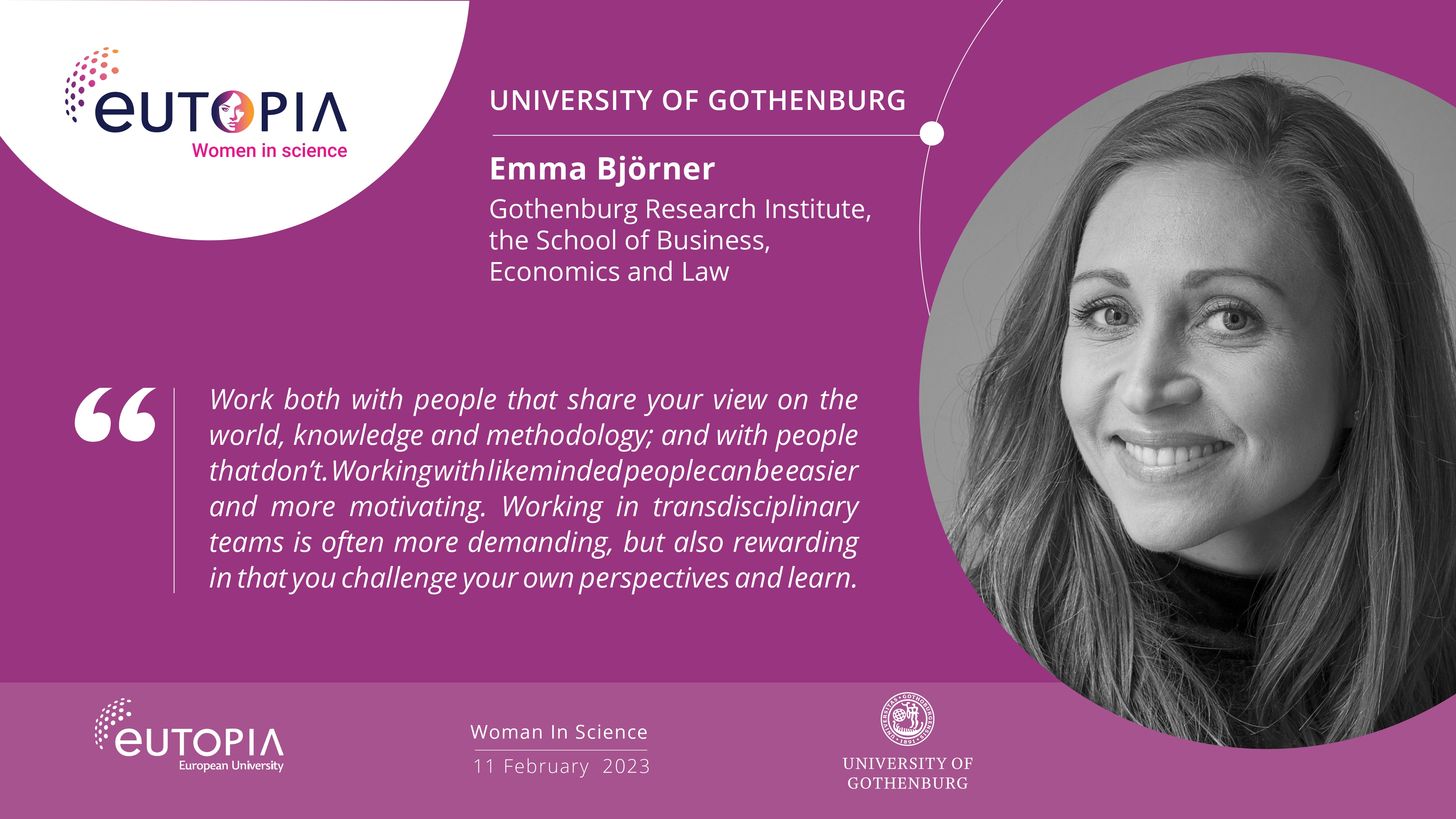
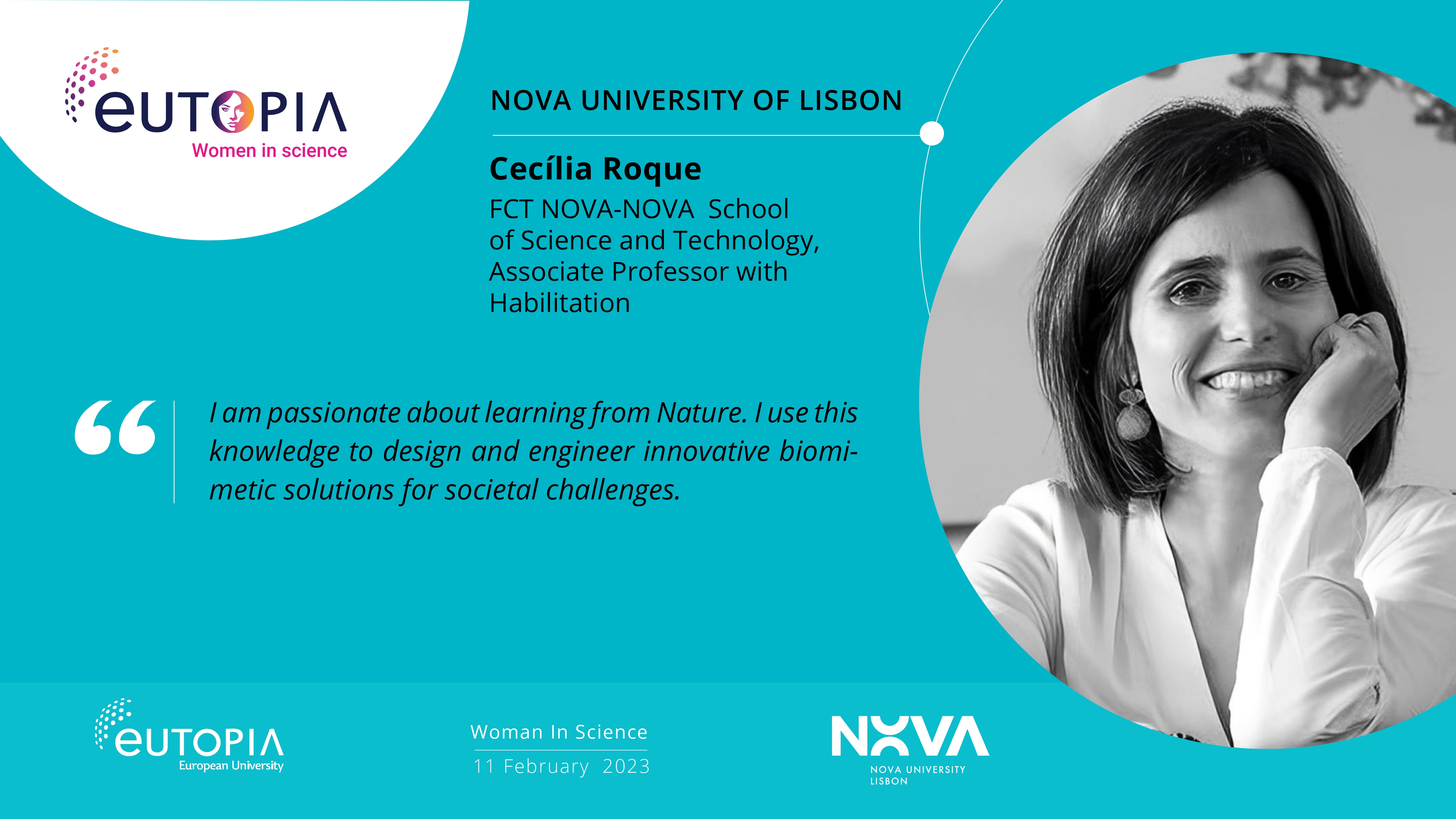
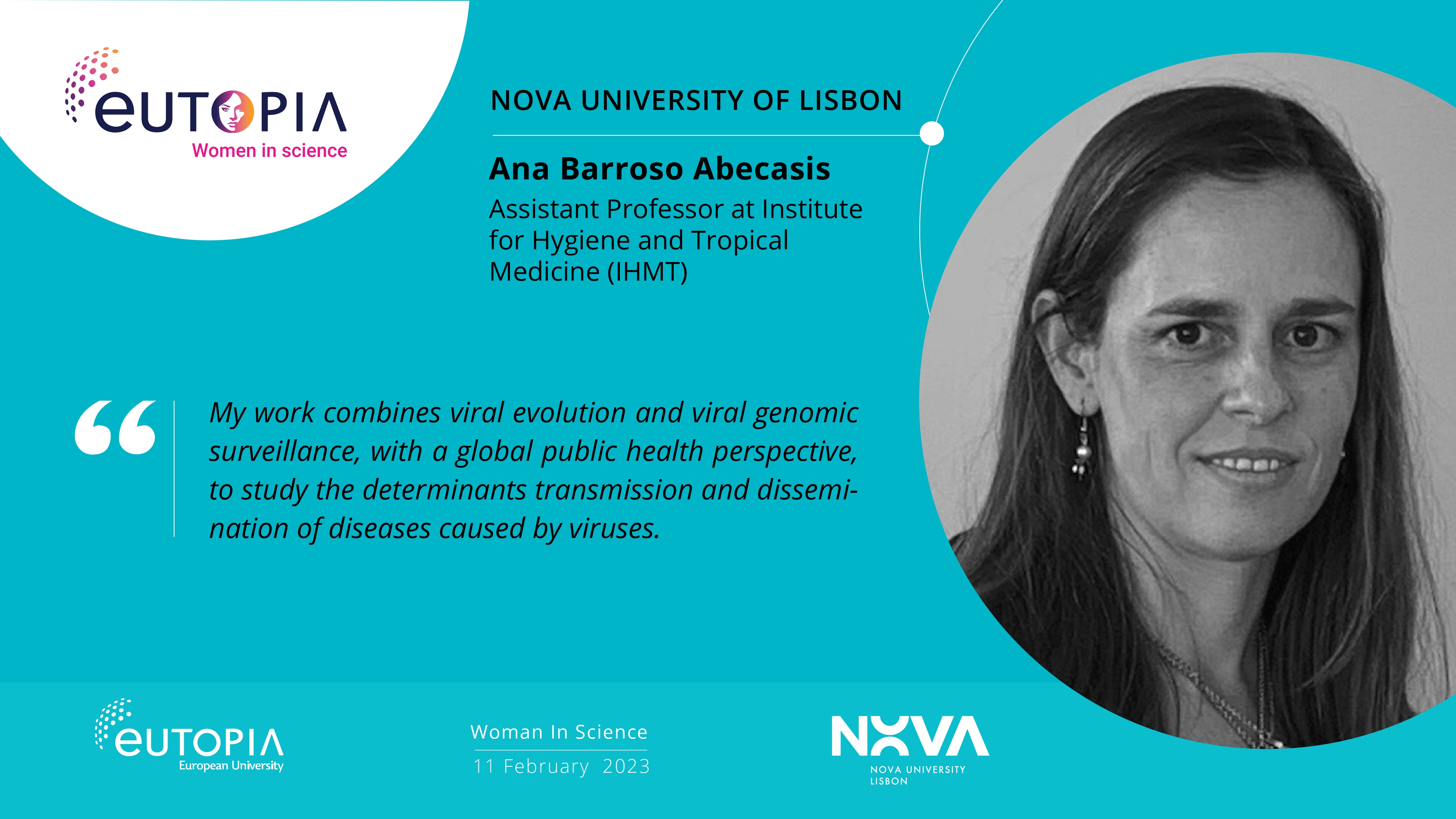
"My collaboration in EUTOPIA network is mostly with the Vrije Universiteit Brussel, with whom we have collaborated in several previous projects. Together with Professor Pieter Libin from the Artificial Intelligence Research Group at VUB, we have developed a project ‘PADRE: Predicting Antiviral Drug Resistance before its Emergence’, that will fund the PhD project of one research student. I have also collaborated with the University of Ljubliana in other projects, related to HIV-1."
